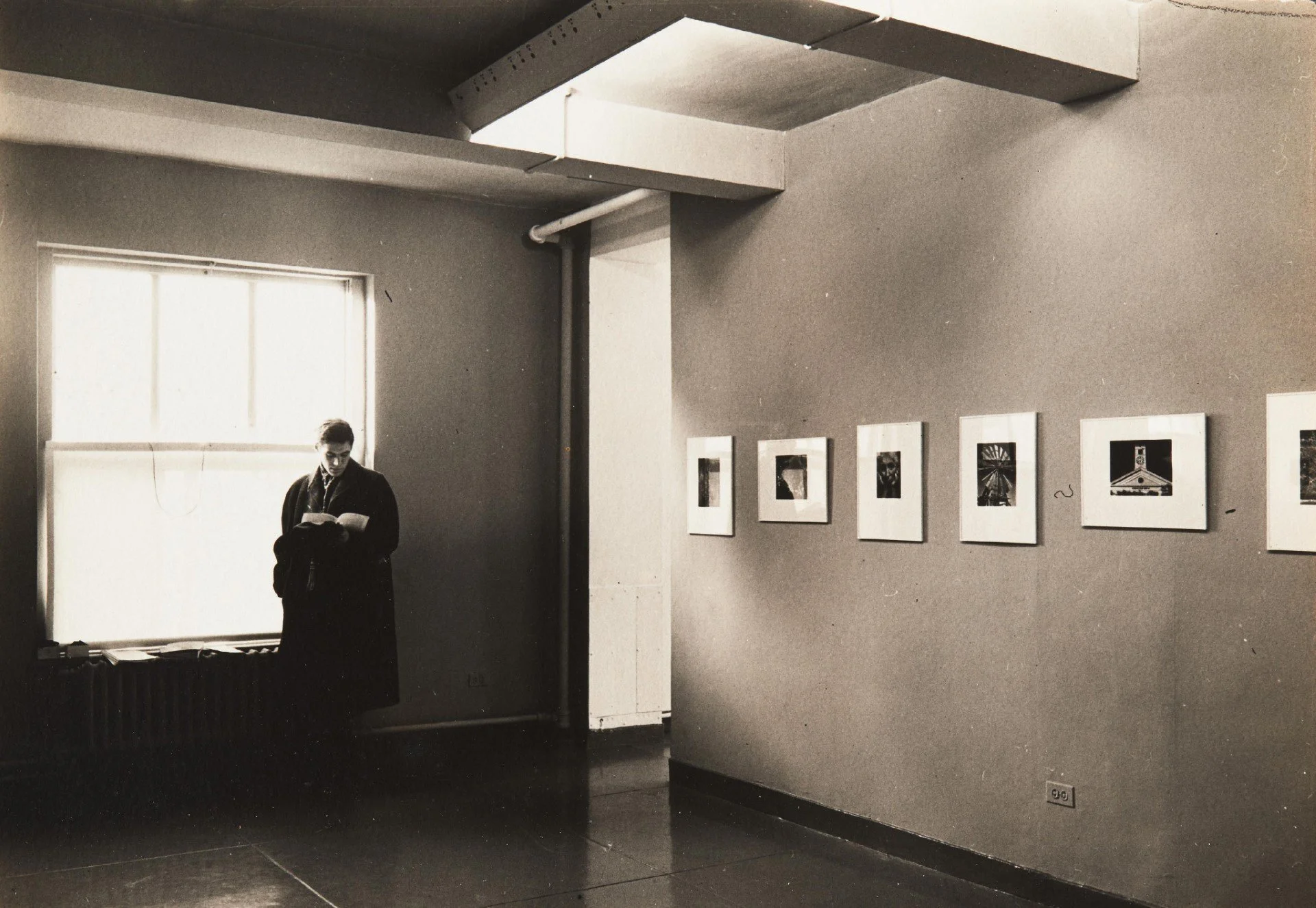The Hutchins Collection is one of the largest Ansel Adams-focused collections held in private hands, consisting of hundreds of original photographs, many of which are rare vintage examples and ephemera.
Ansel Easton Adams (February 20, 1902 - April 22, 1984) was an American photographer and environmentalist known for his black and white photographs of the California's Yosemite Valley. Adams was also the author of numerous books about photography, including his trilogy of technical instruction manuals (The Camera, The Negative, and The Print). He co-founded the photographic association Group f/64 along with other masters like Edward Weston, Willard Van Dyke, Imogen Cunningham and others. He invented the zone system, a technique which allows photographers to translate the light they see into specific densities on negatives and paper, thus giving them better control over finished photographs. Adams also pioneered the idea of visualization (which he often called 'previsualization', though he later acknowledged that term to be a redundancy) of the finished print based upon the measured light values in the scene being photographed.
History of An American Place
1929–1946
Room 1710, 509 Madison Avenue
At his last gallery, An American Place, Stieglitz welcomed a stream of visitors who wanted to meet a living legend of the New York art scene. The gallery also became a mecca for young artists.
“The Place, and all that goes on within it is like coming across a deep pool of clear water in the desert. . . . Whoever drinks from this pool will never be thirsty.”
~ Ansel Adams
The gallery was on the seventeenth floor of a newly constructed skyscraper on Madison Avenue, and it was relatively spacious—six rooms, three for exhibition and three for storage, all painted a light, pearl gray—compared with Stieglitz’s previous galleries. Stieglitz posted the gallery’s austere mission on a card in the space:
No formal press views
No cocktail parties
No special invitations
No advertising
No institutions
No isms
No theories
No game being played
Nothing asked of anyone who comes
No anything on the walls except what you see there
The doors of An American Place are ever open to all.

